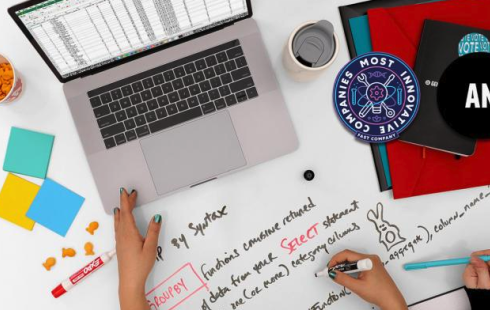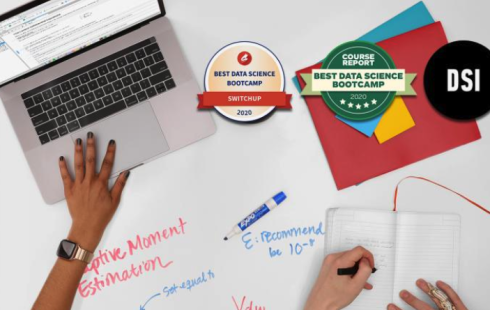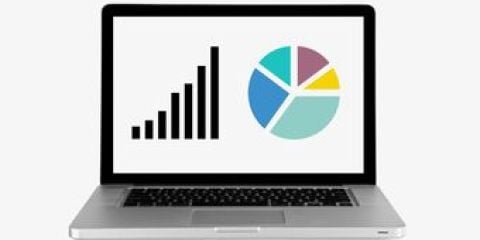General Assembly’s Data Science part-time course is a practical introduction to the interdisciplinary field of data science and machine learning, which lies at the intersection of computer science, statistics, and business. You will learn to use the Python programming language to acquire, parse, and model data for informing business strategy.
This is a fast-paced course with some prerequisites. Students should be comfortable with programming fundamentals, core Python syntax, and basic statistics. There is an option to complete up to 25 hours of online preparatory lessons. Talk to the General Assembly Admissions team to discuss your background and confirm if this is the right fit for you..
What you'll accomplish
A significant portion of the course is a hands- on approach to fundamental modeling techniques and machine learning algorithms. You’ll also practice communicating your results and insights by compiling technical documentation and a stakeholder presentation. Throughout this expert-designed program, you’ll:
- Perform exploratory data analysis with Python.
- Build and refine machine learning models to predict patterns
- from data sets.
- Communicate data-driven insights to technical and non-technical audiences alike.
- Apply what you’ve learned to create a portfolio project: a predictive model that addresses a real-world data problem.
Why General Assembly
Since 2011, General Assembly has graduated more than 40,000 students worldwide from the full time & part time courses. During the 2020 hiring shutdown, GA's students, instructors, and career coaches never lost focus, and the KPMG-validated numbers in their Outcomes report reflect it. *For students who graduated in 2020 — the peak of the pandemic — 74.4% of those who participated in GA's full-time Career Services program landed jobs within six months of graduation. General Assembly is proud of their grads + teams' relentless dedication and to see those numbers rising. Download the report here.
Your next step? Submit an application to talk to the General Assembly Admissions team
Note: reviews are referenced from Career Karma - https://careerkarma.com/schools/general-assembly





